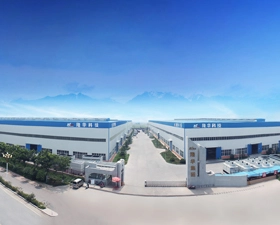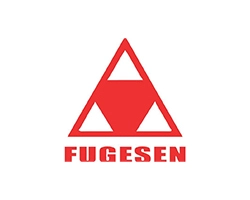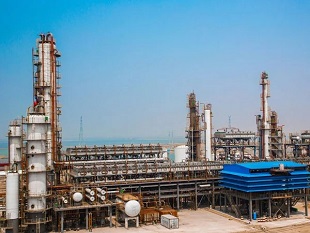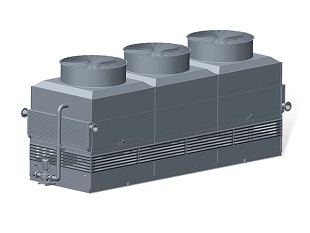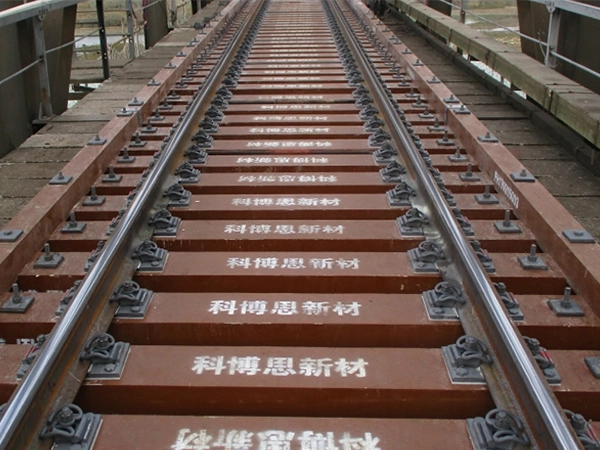The operating principle of alloy steel refers to the behavior of steel that has been modified through the addition of other elements such as manganese, nickel, or chromium. The alloying process enhances the properties of steel such as ductility, strength, and corrosion resistance, making it suitable for a range of industrial applications.
The operating principle of alloy steel is based on the properties of the alloying elements that are added to steel. These elements can change crystal structure, hardness, and thermal and electrical conductivity of the steel. Different combinations of alloying elements can produce alloy steels with unique properties that may be suited to a particular application.
For example, when carbon steel is alloyed with small amounts of molybdenum, it can improve the steel's strength and toughness, making it ideal for use in the construction of bridges and buildings. Similarly, the addition of chromium or nickel to steel can improve its corrosion resistance and make it suitable for use in the chemical and food processing industries.
Therefore, the operating principle of alloy steel is that, by adding alloying elements to steel, the operation or application of the alloyed steel is improved by enhancing its properties to better meet the specific needs of a wide range of industrial applications.


 EN
EN
 jp
jp  ko
ko  fr
fr  de
de  es
es  it
it  ru
ru  pt
pt  ar
ar  tr
tr 